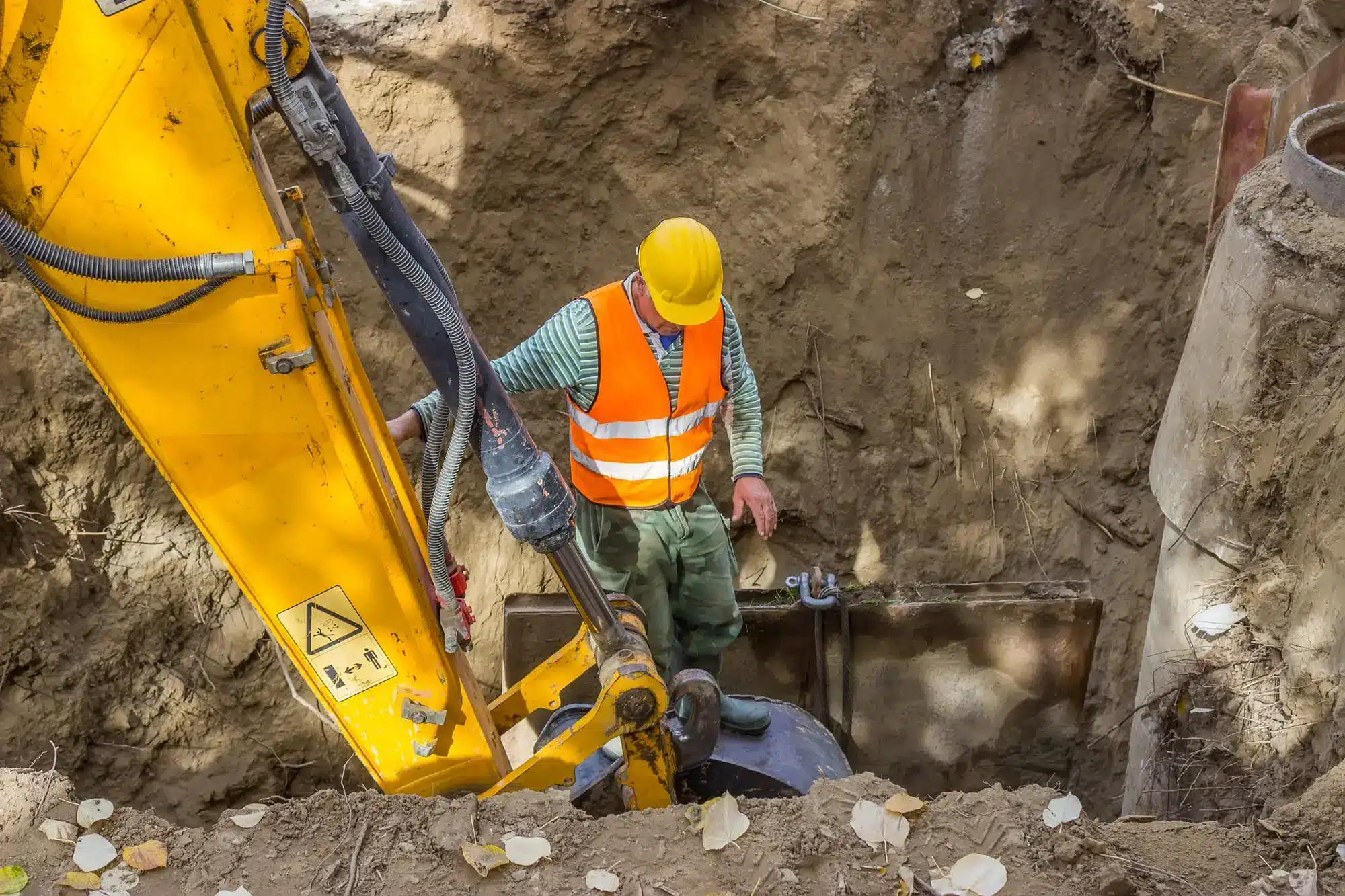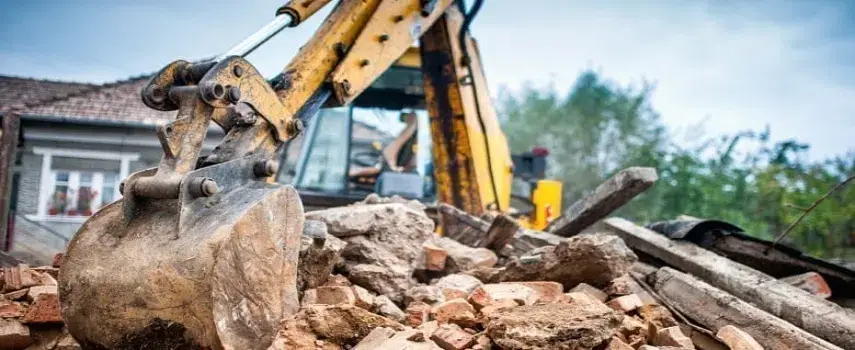If involved in an excavator accident, you need a lawyer who knows the contours of the law. In a case on point, the City of New York hired contractors to install sewers in Staten island. A member of an excavation crew was working about 10 feet below grade level. He worked within the confines of a steel trench box. He was using hand signals to direct the operator of excavator, in his maneuvering of the excavator bucket. The steel trench box by the bucket of the excavator crushed his right hand. The worker hired a lawyer to sue the City over his excavator accident. He sued to recover damages for sustained injuries. He also alleged common-law negligence and violations of Labor Law § 200, 240(1), and 241(6). Plaintiff also sued the manufacturer of the excavator. He claimed products liability causes of action against it. This included failing to warn of the foreseeable dangers of using the excavator. Both defendants filed motions for summary judgment dismissing the complaint. The lower court granted the motions and dismissed the claim. Plaintiff appealed.
The Excavator Accident Appeal
On appeal, the court explained that the provision Labor Law § 200 is a codification of the common-law duty to exercise due care in providing a safe place to work. Labor Law § 200 cases fall into two broad categories. Some cases involve workers injured as a result of dangerous or defective premises conditions at a work site. Other cases involve the manner in which the work is performed. The appellate court found that this excavator accident did not involve a dangerous or defective premises condition. Moreover, the court held that the City established entitlement to dismissal to two of the workers claims.
They established entitlement to dismissal of the workers the Labor Law § 200 and common-law negligence causes of action. The City proved that it did not control, direct, or supervise the method or manner in which the work was performed. In addition, the Second Department upheld dismissal of plaintiff’s Labor Law § 240(1) claim. The case did not involve a gravity or elevation-related hazard. The appellate court explained that Labor Law § 241(6) imposes a nondelegable duty on owners, contractors, and their agents. They must provide workers a safe workplace. This rule applies to “all areas in which construction, excavation or demolition work is being performed.” Owners, contractors, and their agents must comply with those provisions. The Industrial Code sets forth specific requirements or standards.
The Defendants’ Lawyer’s Argument

The City argued that the plaintiff was authorized to be within range of the bucket since he was part of the excavating crew. The Second Department explained, however, that a person authorized pursuant to Industrial Code § 23-9.5 to operate or be within the range of an excavator’s bucket may still claim the protections provided by Industrial Code § 23-4.2(k).
The Second Department held that plaintiff raised a triable issue of fact as to whether the City violated that provision. It reversed the lower court’s decision that dismissed this cause of action. Finally, the Second Department held that the lower court properly granted the motion dismissing the claim against the excavator manufacturer. In addition, the Second Department explained that a manufacturer may be held liable for the failure to warn of the foreseeable risks and dangers involved in the use of its product. The Court added, however, that the adequacy of a warning is usually a question of fact. There is no duty to warn of an open and obvious danger. Because of this, the product user is aware or should be aware of these open and obvious dangers.
No duty was established in this case. The excavator company submitted of a transcript of the injured plaintiff’s deposition testimony. He testified that he had experience in all phases of pipe-laying work. This included working in a trench and working in proximity to an excavator. Further, the injured plaintiff acknowledged that he had not read all warnings provided by the excavator. In addition, the operator of the excavator admitted that, at the time of the accident, he was unable to read English.
The Decision
Accordingly, the Second Department upheld the lower court’s decision. It dismissed plaintiff’s products liability and Labor Law § 200 and § 240(1) claims. However, it modified the decision to reinstate plaintiff’s Labor Law § 241(6) claim. If involved in an excavator accident, you need to contact a personal injury lawyer who understands the intricacies of New York’s Labor Law.




